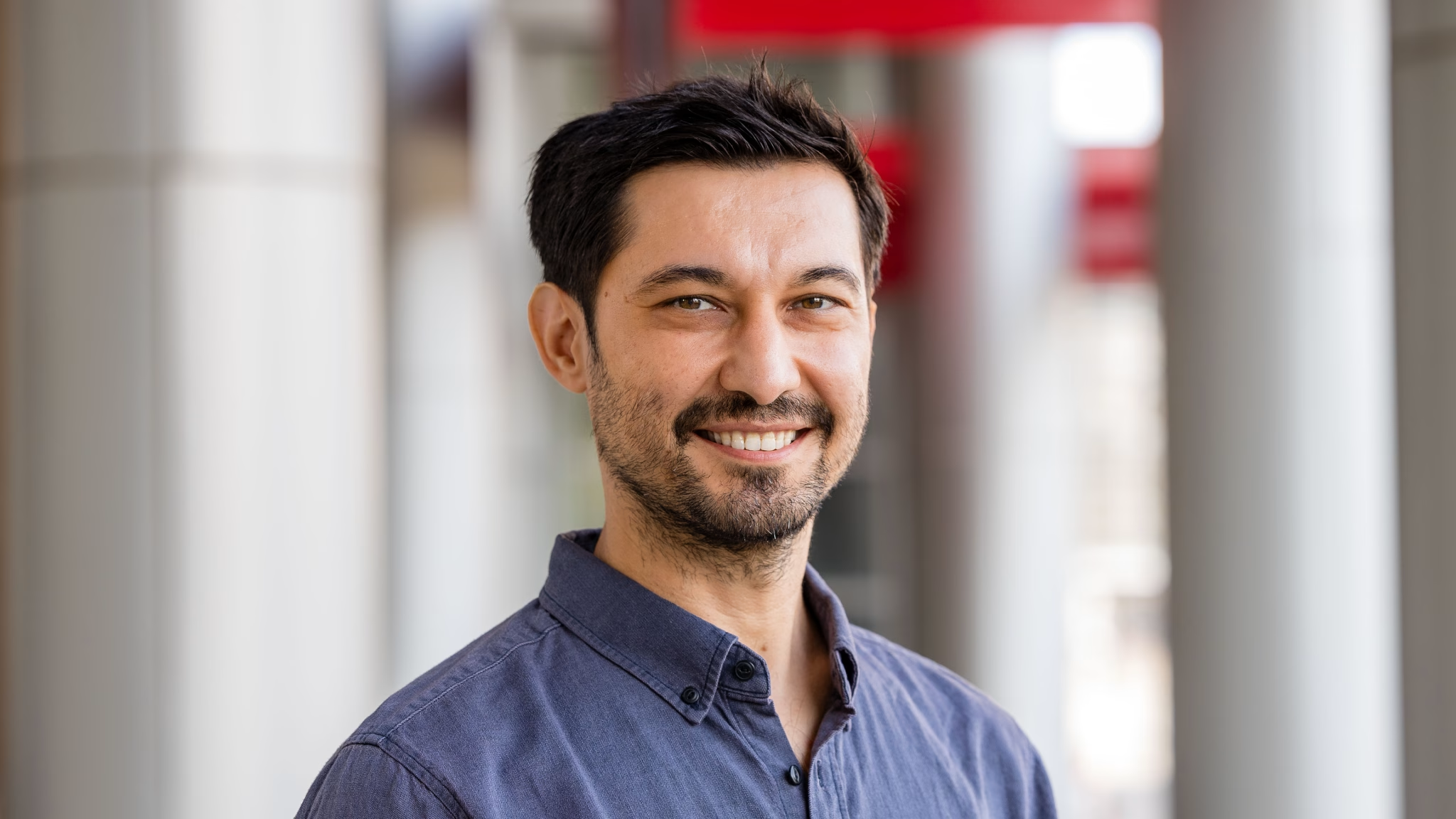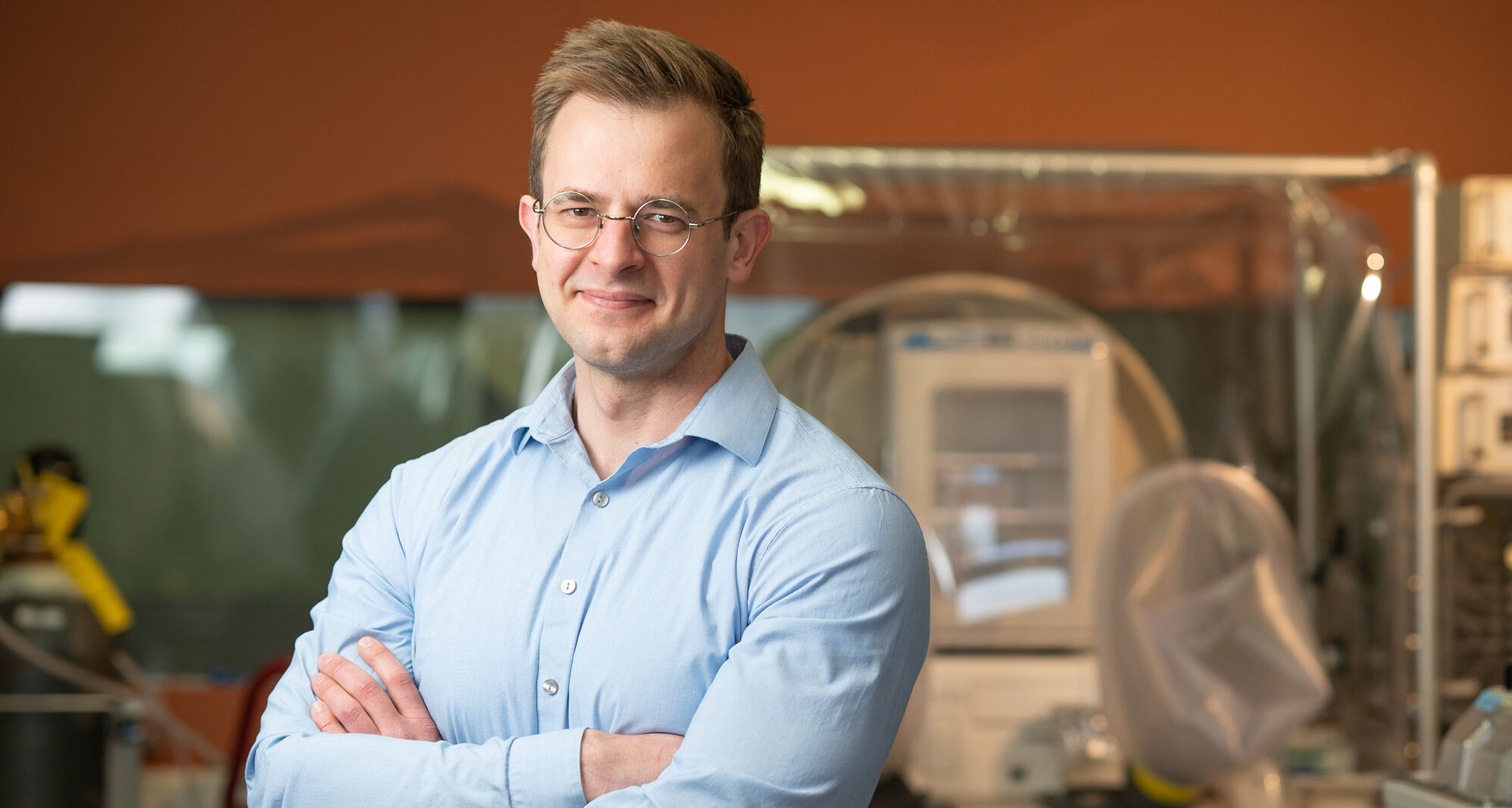UW–Madison and Department of Public Instruction Partnership Builds Creative Tech in Wisconsin Classrooms
Through a new partnership with the Department of Public Instruction, a group of UW–Madison education experts will team up with K-12 teachers and students throughout the state of Wisconsin to develop apps and games for learning.
The collaboration seeks to create successful digital tools that not only have measurable learning outcomes, but also success in boosting students’ engagement and motivation.
David Gagnon, program manager of Field Day Lab at the Wisconsin Institute for Discovery at UW–Madison who leads the initiative, says there’s evidence in favor of a more active approach to learning, but it’s been difficult to scale for schools.
“We would like the classroom to be more of a place that introduces a way to view the world, a launchpad and place to debrief designed experiences outside of school,” he says. “Anyone who’s ever learned anything knows that learning is more than storing facts in your head; it’s based in a context, based in an activity, based in a community, based in some sort of real goal.”
The new partnership represents one of many initiatives from the Department of Public Instruction to find more efficient and effective methods in the classroom to scale up and share more broadly.
“This approach to education is the right thing to do; it’s how we need to leverage and explore the tools now at our disposal to put kids in the middle of their learning through a personalized perspective,” says State Superintendent Tony Evers. “We are currently working on establishing a portal for all Wisconsin educators to find high quality digital resources. The projects and products created through this partnership will help us meet the goals of the portal project as well.”
“Anyone who’s ever learned anything knows that learning is more than storing facts in your head; it’s based in a context, based in an activity, based in a community, based in some sort of real goal.”
–David Gagnon
Evers says maximizing learning through technology doesn’t minimize the need for quality instruction, but rather strengthens it. The work will empower teachers to develop activities that resonate with their own classrooms, based on each child’s interests and needs.
It’s these real activities and goals that Gagnon will work with students to recreate. For instance, previous apps his team developed did not rely on kids to stare at screens all day, but rather encouraged students to head outside to archive and learn about species of birds and plants for a biology lesson.
The fact that students are having fun is important, Gagnon says, but more important is the idea of making learning challenging — in a good way. “If we send kids out into the woods with notebooks, they could do some great things, but they’re somewhat limited,” Gagnon says.
“If we’re learning about plants and animals, students can go out and document phenomena with the HD camera and audio recorder on their phone and have all that data tagged with GPS, timestamps, and aggregated back to a Google map for discussion back in class.”
Calling on teachers, librarians and educators across the state interested in working closely together to create games and apps for learning, Gagnon says the six or so groups they’ll work with the next year will include children and young adults of diverse backgrounds, but will also focus on students at-risk for dropping out.
Educators with ideas for their classroom can contact David Gagnon at david.gagnon@wisc.edu to learn more about participating.
—Marianne Spoon









